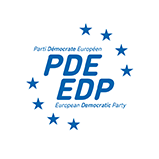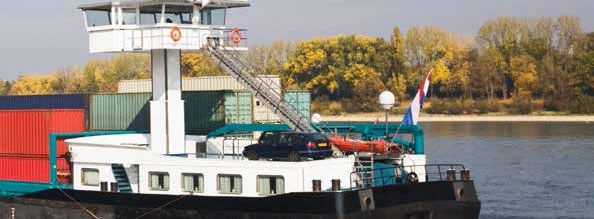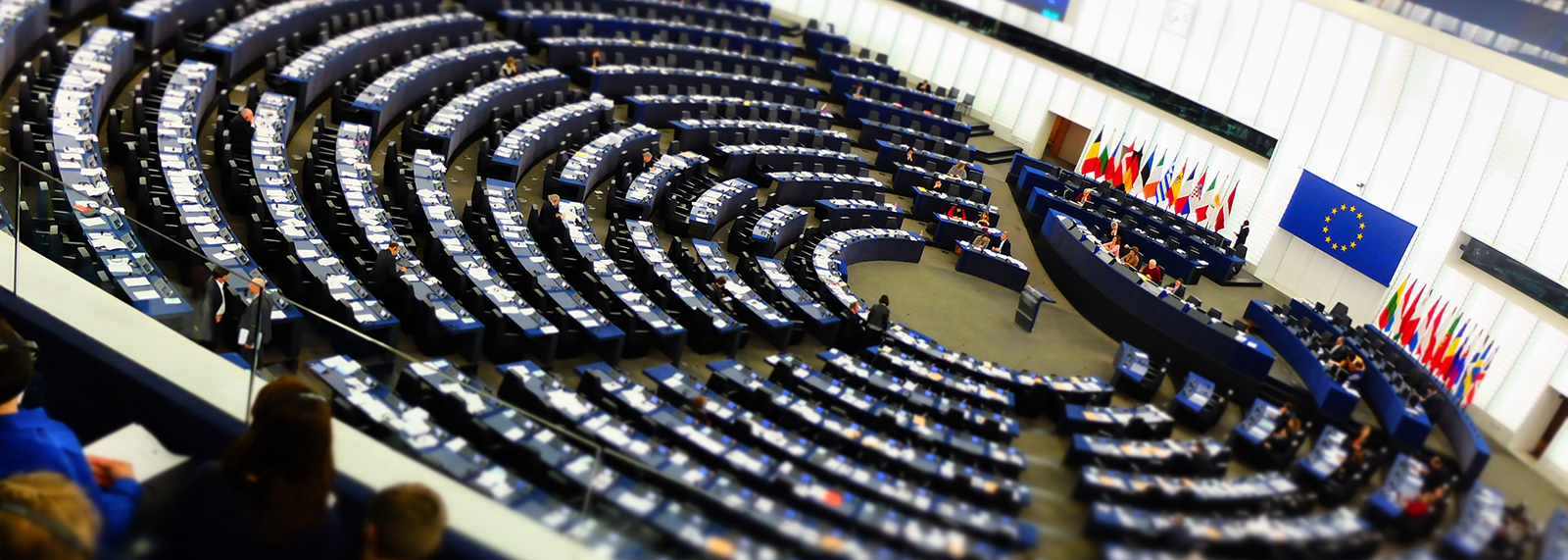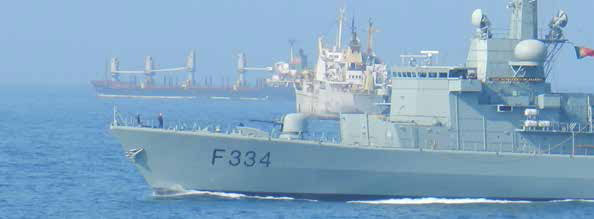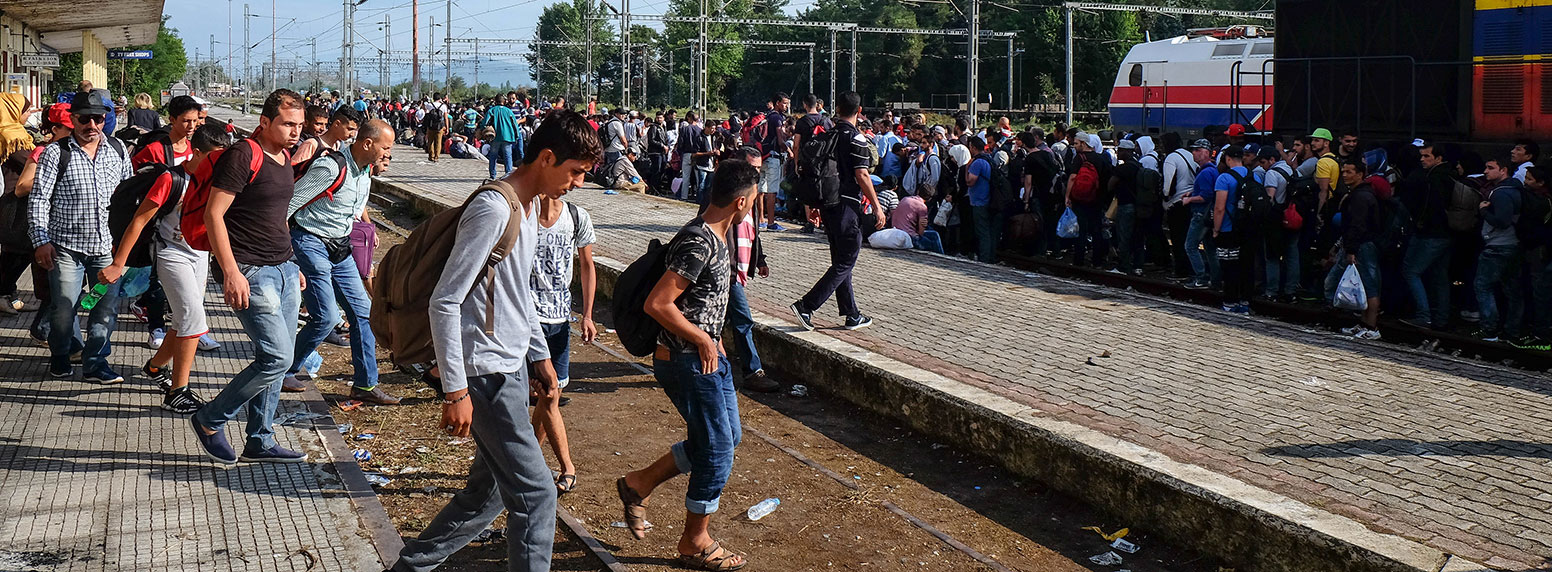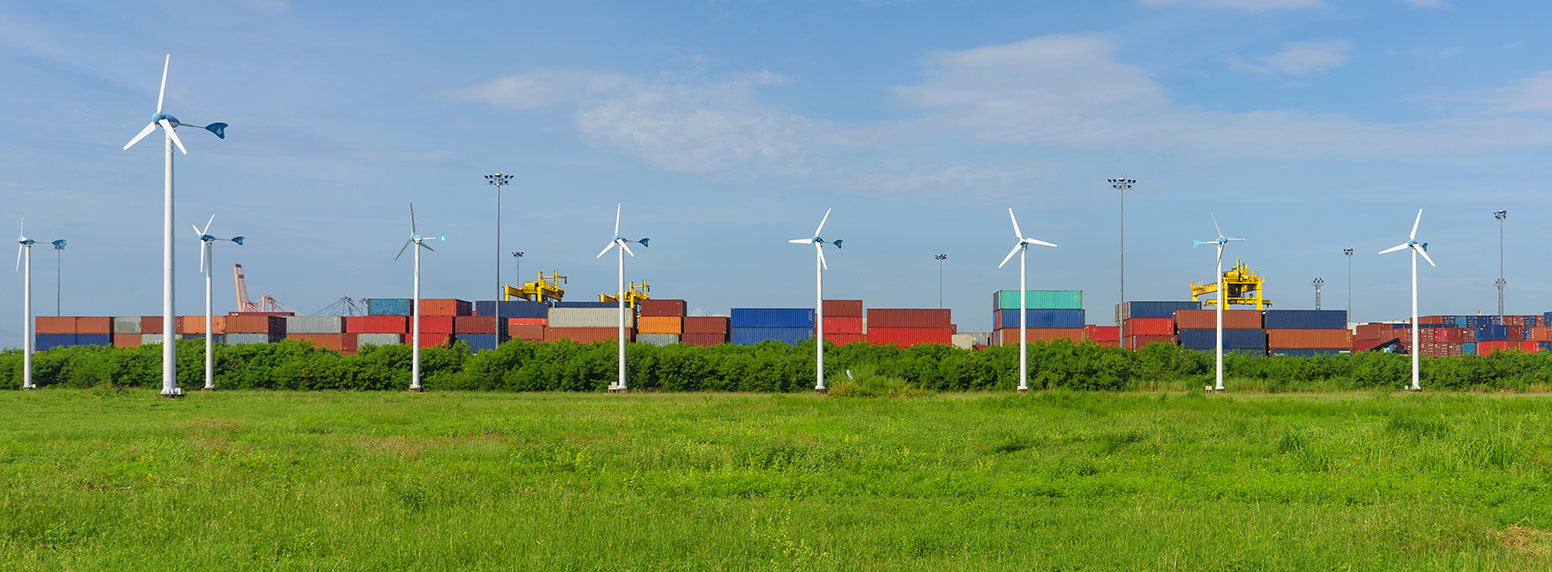Transport. Towards an integrated European Mobility System
Creating an integrated system for sustainable mobility, which is efficient for users and within the framework of an internal, open and competitive market for entrepreneurs, is a priority objective for the European Democratic Party because:
- Such a system is essential to ensure the free movement of goods and persons and the proper functioning of the internal market.
- It is crucial for the success of climate change and energy transition policies. Currently, transport is responsible for one third of the final energy consumption of the member countries of the European Environment Agency. The vast majority of this is of fossil origin. One fifth of the greenhouse gas emissions in the Union come from transport.
- It is key to the competitiveness of our economy because saturation and problems of mobility of goods and people result in an annual cost of 1% of the GDP of the Union to companies and administrations. This huge amount affects the final cost of our products. The current transport model leads to a high level of dependency on fossil fuel imports, which are non-renewable and come from areas of the world with stability problems.
The EDP’s proposal includes three elements:
a) The creation of an integrated mobility system that offers users:
- control of contractual services in terms of prices and time.
- provision of transport services from the first to the last kilometre as part of a single purchase or contractual operation.
- the automated and intelligent combination of the different transportation modes used to solve the movement of goods or the travel of people.
b) A homogeneous legal framework offering security:
- Deepening the principle of single sky, railway interoperability (legal and technical) and avoiding problems of social dumping which are another cause of market fragmentation.
- Smart legislation, standardising definitions, simplifying processes, reducing administrative burdens and facilitating the evaluation of results.
c) An industrial policy for the sector:
- "Reactivating transport as a source of employment through the training of its professionals, support for entrepreneurs, and the commitment to R&D to support new businesses which will lead to intermodality and the management of "big data" relating to the movement of goods and people.
- Promoting the progressive decarbonisation of the fuels in all modes of transport and gradually adjusting them to the uses in which each mode offers the best performance.
- Supporting the increase of e-mobility in vehicles and promoting tools to change from fossil fuels to electrical vehicles. (Charging systems and stations, bonus on the purchase of an electric car and renewable household charging systems.)
- Promoting the global leadership of the Union in the provision of transport services and in the supply of goods, equipment and transport technology.
